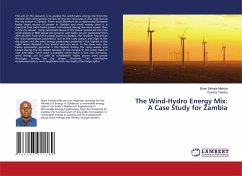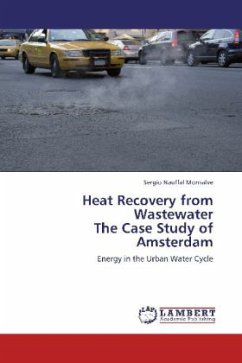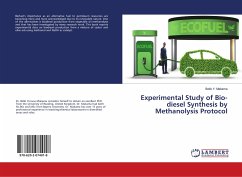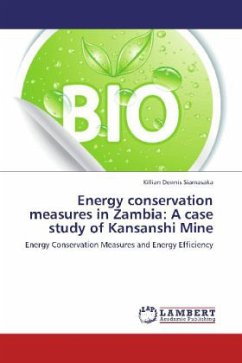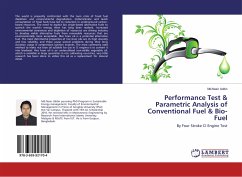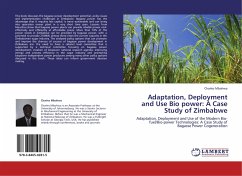
Adaptation, Deployment and Use Bio power: A Case Study of Zimbabwe
Adaptation, Deployment and Use of the Modern Bio-fuel/Bio-power Technologies: A Case Study of Bagasse Power Cogeneration
Versandkostenfrei!
Versandfertig in 6-10 Tagen
32,99 €
inkl. MwSt.

PAYBACK Punkte
16 °P sammeln!
This book discusses the bagasse power development potential, policy issues and implementation challenges in Zimbabwe. Bagasse power has the advantage that it requires less capital, is more sustainable and can bring into operation newer plant in a very short time span. Lessons from Mauritius show that bagasse power plants can provide reliable power cost-effectively and efficiently at affordable prices. More than 10% of the power needs in Zimbabwe can be provided by bagasse power, with a potential to provide 210MW, almosy three times the current capacity in the Zimbabwean sugar industry. The ana...
This book discusses the bagasse power development potential, policy issues and implementation challenges in Zimbabwe. Bagasse power has the advantage that it requires less capital, is more sustainable and can bring into operation newer plant in a very short time span. Lessons from Mauritius show that bagasse power plants can provide reliable power cost-effectively and efficiently at affordable prices. More than 10% of the power needs in Zimbabwe can be provided by bagasse power, with a potential to provide 210MW, almosy three times the current capacity in the Zimbabwean sugar industry. The analysed policy options that can promote and improve the chances of success of bagasse power development in Zimbabwe are: the need to have a cabinet level committee that is supported by a technical committee focusing on bagasse power development; creation of biopower national research agenda; improving energy and process efficiency in the sugar industry and promoting biopower independent power producers among many other policy options discussed in the book. These ideas can inform government decision making.





